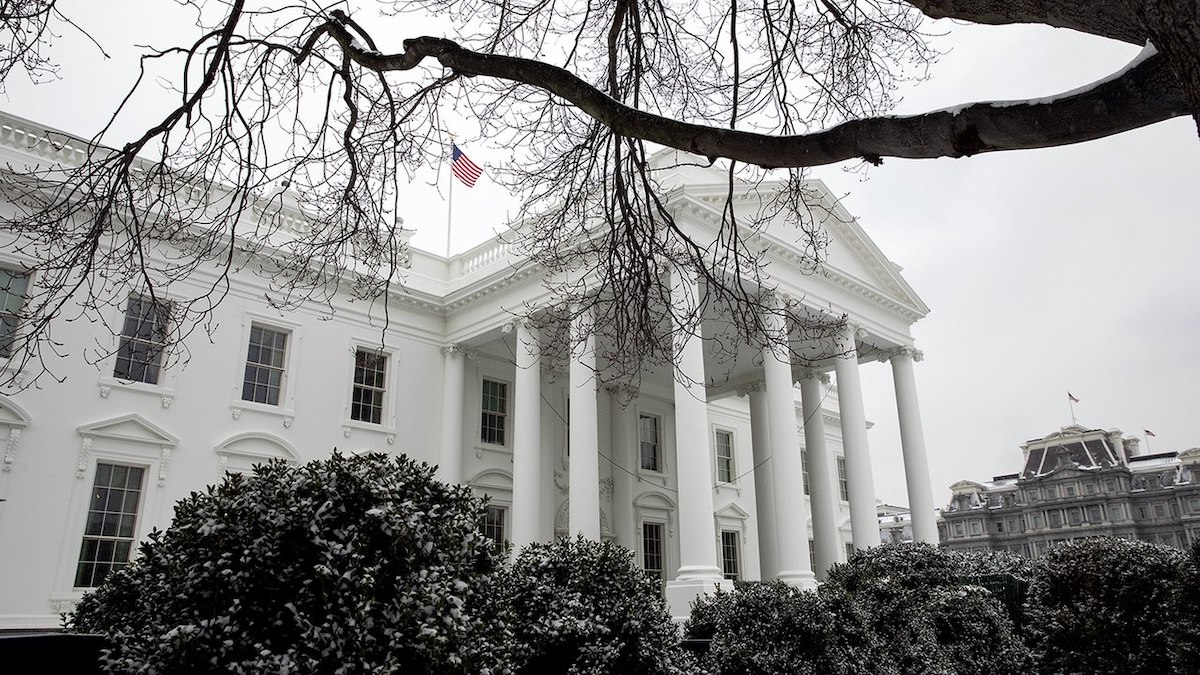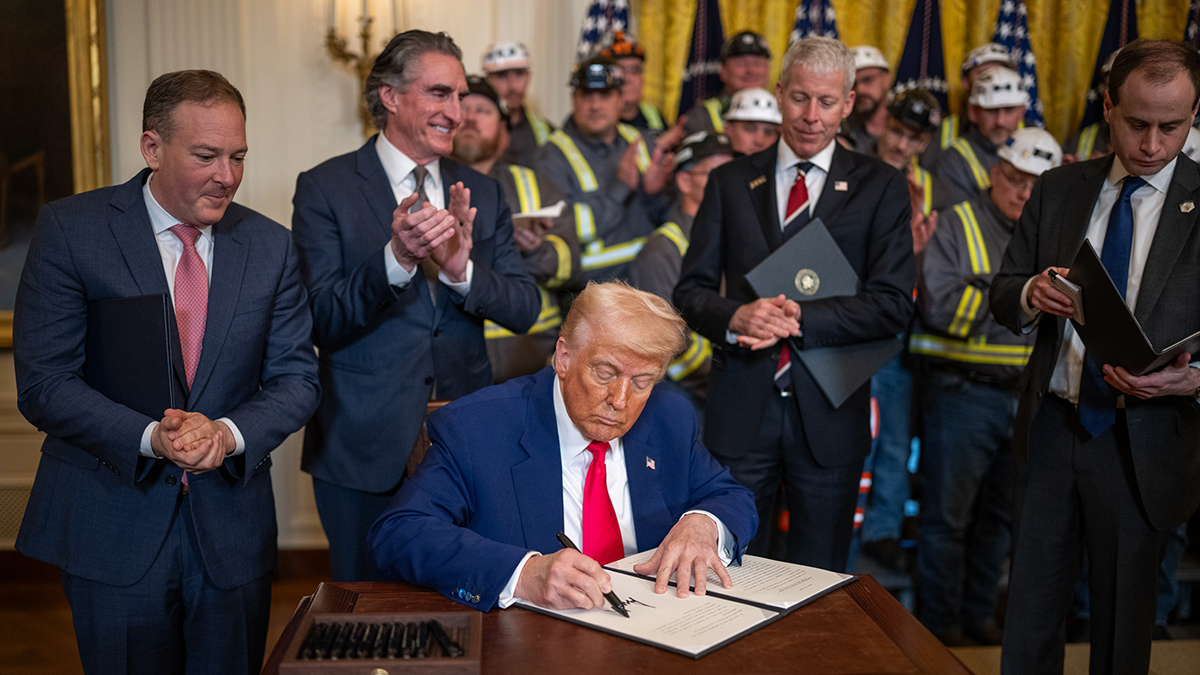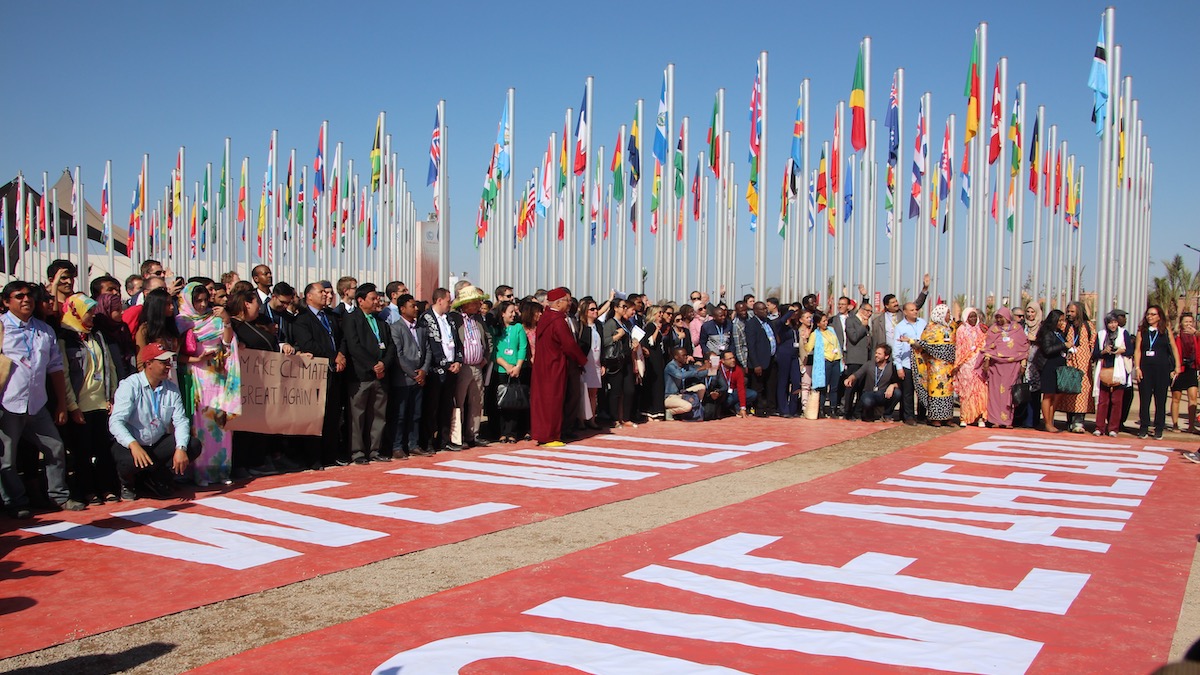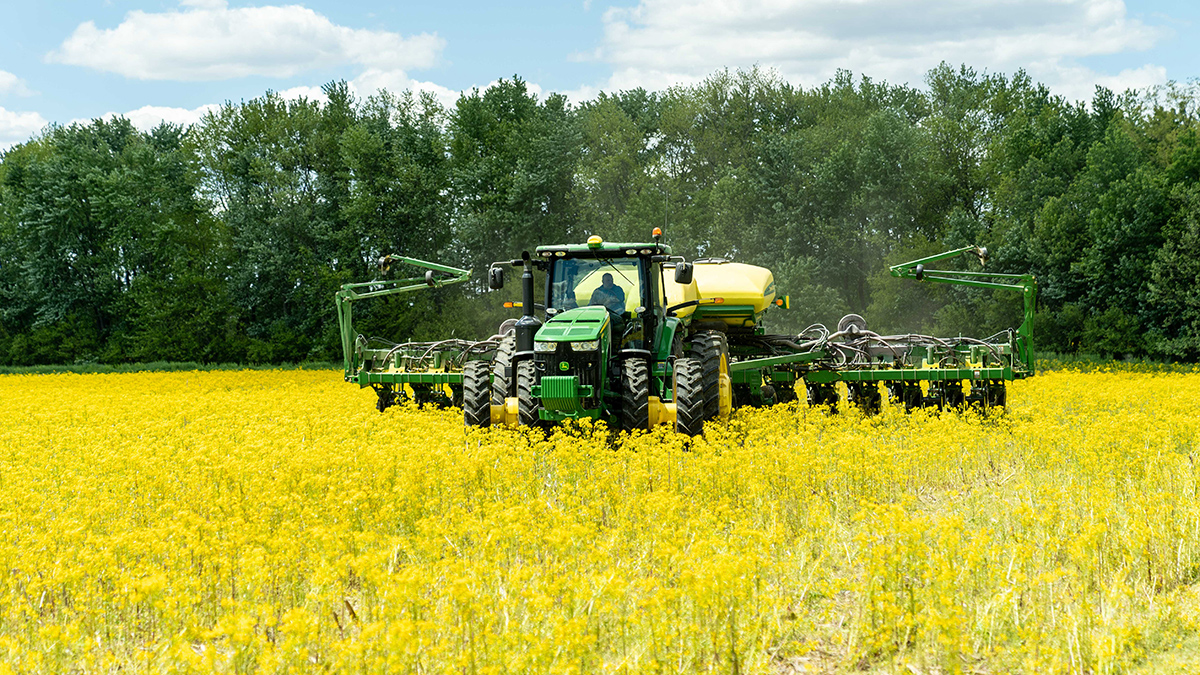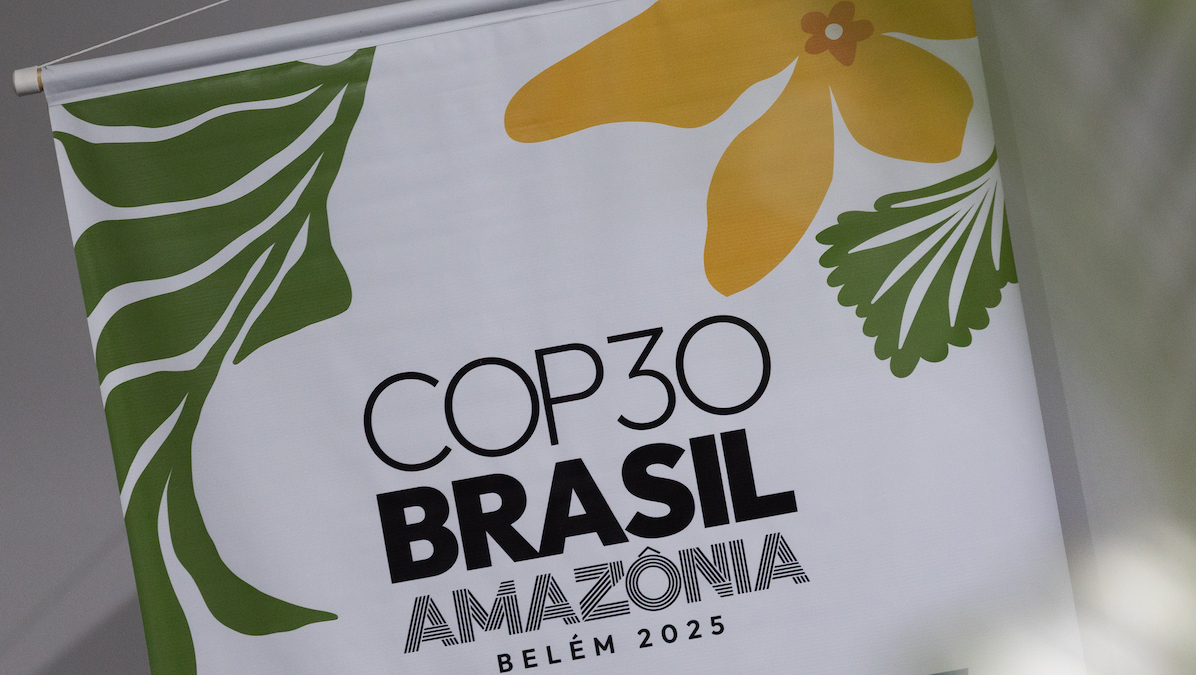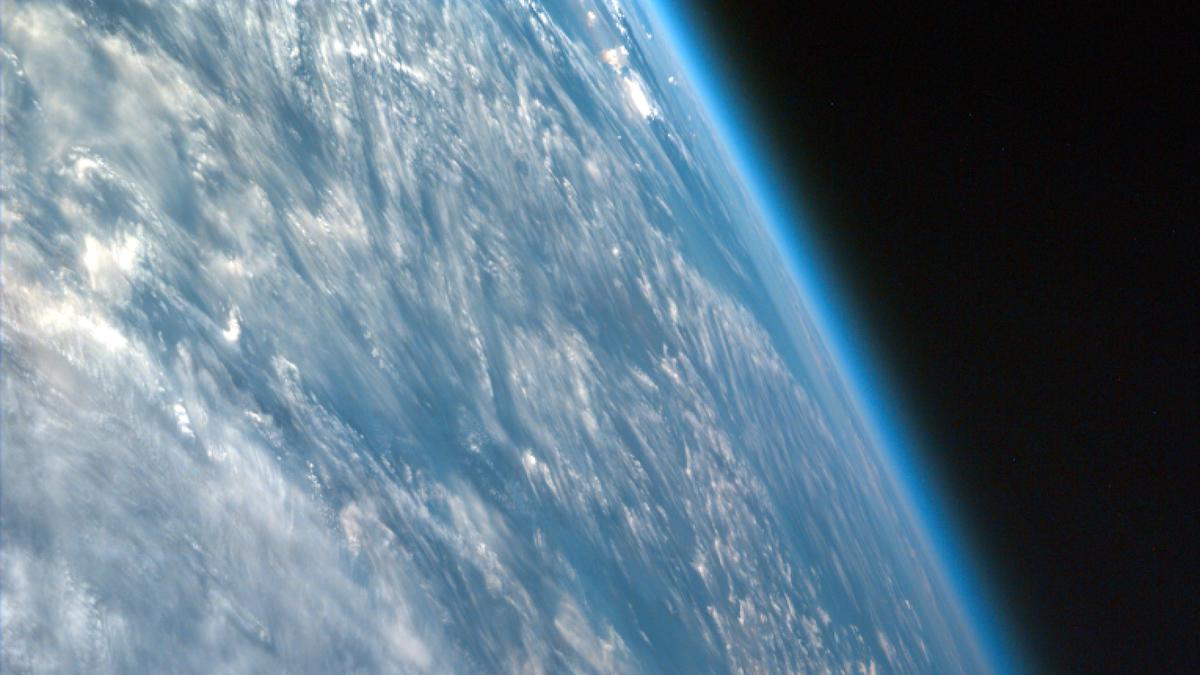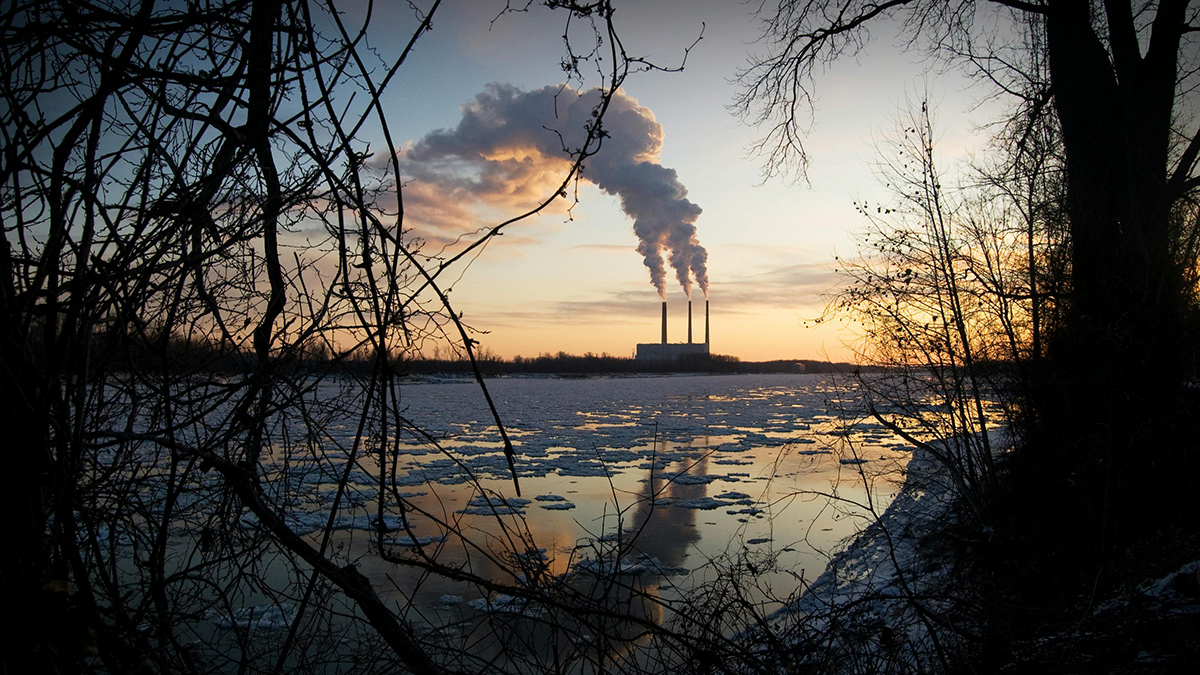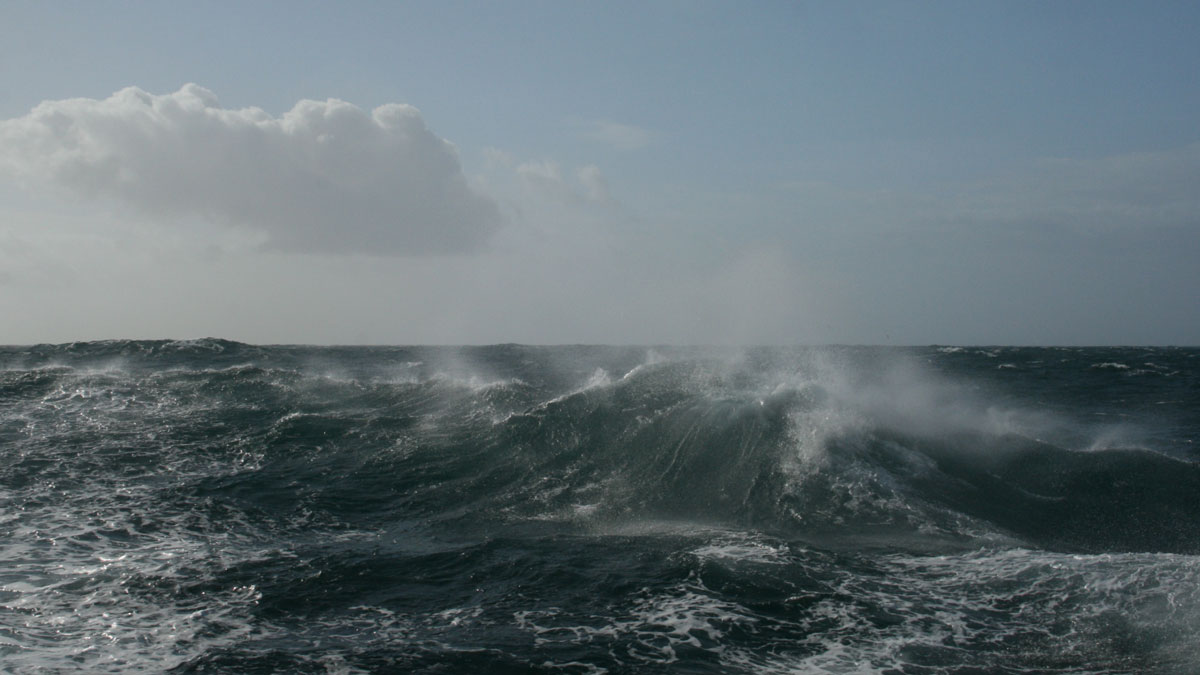Tomorrow, the EPA will revoke the 2009 Endangerment Finding, finalizing a July proposal to do so, Press Secretary Karoline Leavitt said in a 10 February announcement.
carbon emissions
The State of the Science 1 Year On: Climate Change and Energy
Trump’s first year in office has reversed many climate policy decisions and aggressively advanced fossil fuel interests.
Trump Pulls United States Out of International Climate Efforts “Contrary” to National Interests
In an executive order issued on 7 January, the White House ordered the country’s withdrawal from 66 international agreements determined to be “contrary to the interests of the United States,” including two global efforts to combat climate change: the United Nations Framework Convention on Climate Change (UNFCCC) and the Intergovernmental Panel on Climate Change (IPCC).
Trump Proposes Weakening Fuel Economy Rules for Vehicles
At the White House today, President Donald Trump announced his administration would “reset” vehicle fuel economy standards. Trump said the administration plans to revoke tightened standards, also known as Corporate Average Fuel Economy (CAFE) standards, set by President Joe Biden in 2024.
How Can We Tell If Climate-Smart Agriculture Stores Carbon?
Quantitative data at real-world scales are needed to assess the effects of cover cropping and other practices on soil carbon storage. Large-scale medical studies provide a proven methodology.
Global Methane Emissions Projected to Fall, According to United Nations Report
The world has made significant progress on methane mitigation since 2020, though meeting the goals of a major international pledge will require additional action, according to a United Nations Environment Programme (UNEP) report.
UN Emissions Gap Report: Despite Progress, World Still Far Behind Climate Targets
Current emissions trajectories are on track to warm the world by as much as 2.8°C (5.04°F) above preindustrial levels by 2100, according to a report released today by the United Nations Environment Programme (UNEP).
REDD+ Results and Realities
A new study examines the efficacy of REDD+ projects in reducing deforestation and raises questions about the carbon credits the initiative relies on.
A Better Way to Monitor Greenhouse Gases
A unified, global observing system could more effectively monitor progress in reducing emissions and accelerate climate action through improved data and decision support.
The Southern Ocean May Be Building Up a Massive Burp
Modeled results suggest that if anthropogenic emissions decrease and the atmosphere cools, heat stored in the Southern Ocean could be released abruptly in a few hundred years, kicking off a temporary warming period.

